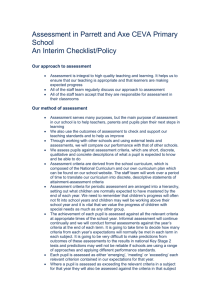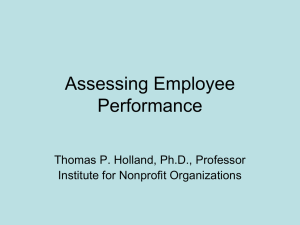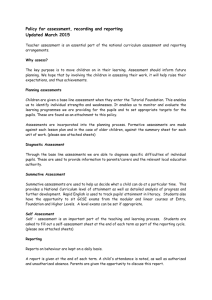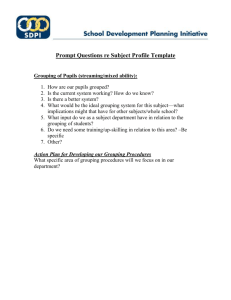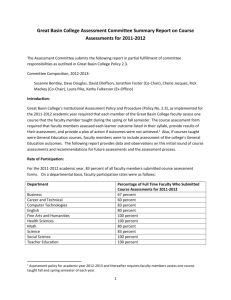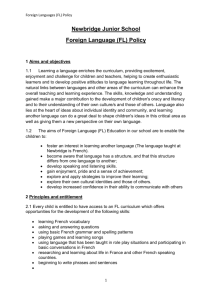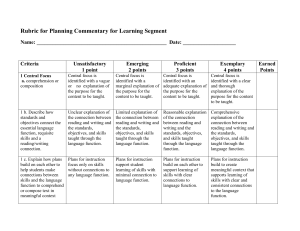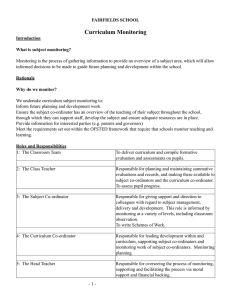History May 2015 - Madley Brook CP School
advertisement
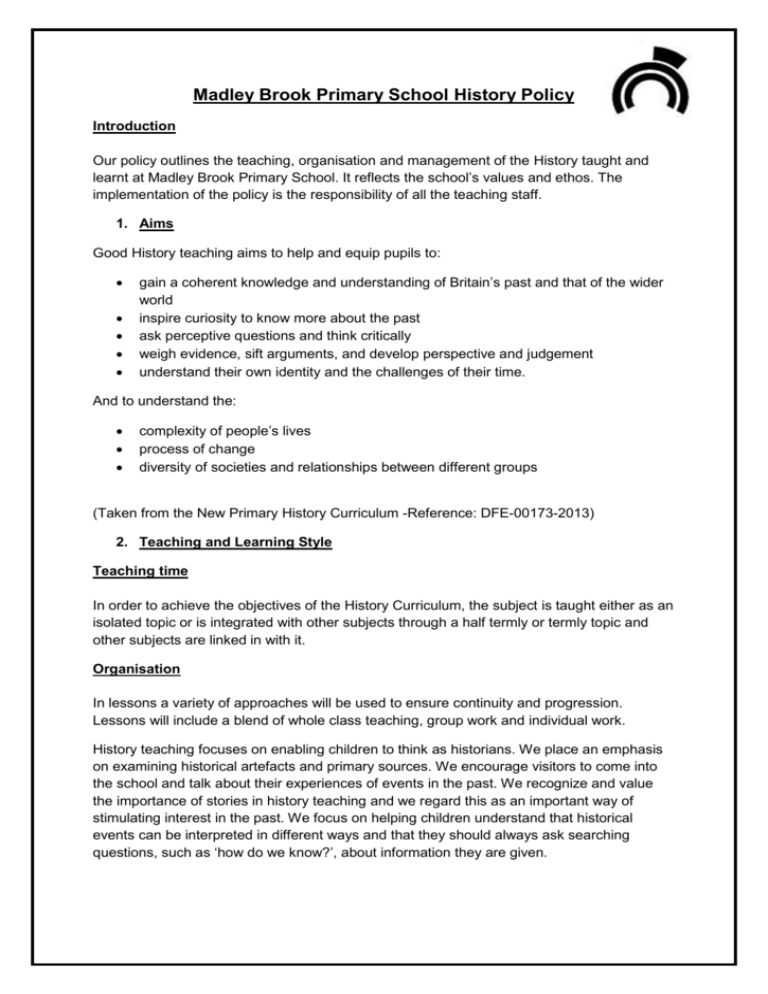
Madley Brook Primary School History Policy Introduction Our policy outlines the teaching, organisation and management of the History taught and learnt at Madley Brook Primary School. It reflects the school’s values and ethos. The implementation of the policy is the responsibility of all the teaching staff. 1. Aims Good History teaching aims to help and equip pupils to: gain a coherent knowledge and understanding of Britain’s past and that of the wider world inspire curiosity to know more about the past ask perceptive questions and think critically weigh evidence, sift arguments, and develop perspective and judgement understand their own identity and the challenges of their time. And to understand the: complexity of people’s lives process of change diversity of societies and relationships between different groups (Taken from the New Primary History Curriculum -Reference: DFE-00173-2013) 2. Teaching and Learning Style Teaching time In order to achieve the objectives of the History Curriculum, the subject is taught either as an isolated topic or is integrated with other subjects through a half termly or termly topic and other subjects are linked in with it. Organisation In lessons a variety of approaches will be used to ensure continuity and progression. Lessons will include a blend of whole class teaching, group work and individual work. History teaching focuses on enabling children to think as historians. We place an emphasis on examining historical artefacts and primary sources. We encourage visitors to come into the school and talk about their experiences of events in the past. We recognize and value the importance of stories in history teaching and we regard this as an important way of stimulating interest in the past. We focus on helping children understand that historical events can be interpreted in different ways and that they should always ask searching questions, such as ‘how do we know?’, about information they are given. 3. History Curriculum Planning The school uses the National Curriculum Document for History 2014 as the basis for curriculum planning. All teachers have a copy of the National Curriculum within their planning folders and should be familiar with its contents. We carry out our curriculum planning in 3 phases – long, medium and short term. Long term being a plan for the whole academic year, divided into 3 terms and outlining the History topics to be covered each term by each year group. Medium term is based on each of the 6 half terms and is divided into weeks. The teachers’ outline in greater detail the units to be covered. They also put a general objective/ teaching element for that unit. It highlights the learning objective, success criteria, specific activity, differentiation and end of lesson assessments. History may not be explicitly taught in every term; however the History objectives should be covered throughout the two year cycle. Foundation Stage History in the Foundation Stage is included in the learning areas ‘Understanding the World’ and ‘People and Communities’. Children talk about past and present events in their own lives and in the lives of family members; they know about similarities and differences; and they identify significant events in their own experiences. Key Stage 1 Pupils should develop an awareness of the past, using common words and phrases relating to the passing of time. They should know where the people and events they study fit within a chronological framework and identify similarities and differences between ways of life in different periods. They should use a wide vocabulary of everyday historical terms. They should ask and answer questions, choosing and using parts of stories and other sources to show that they know and understand key features of events. They should understand some of the ways in which we find out about the past and identify different ways in which it is represented. Key Stage 2 Pupils should continue to develop a chronologically secure knowledge and understanding of British, local and world history, establishing clear narratives within and across the periods they study. They should note connections, contrasts and trends over time and develop the appropriate use of historical terms. They should regularly address and sometimes devise historically valid questions about change, cause, similarity and difference, and significance. They should construct informed responses that involve thoughtful selection and organisation of relevant historical information. They should understand how our knowledge of the past is constructed from a range of sources. 4. Assessment and Recording Assessment will take place at three connected levels: short term, medium term and long term. These assessments will be used to inform teaching in a continuous cycle of planning, teaching and assessment. Short term assessments will be an informal part of every lesson to check pupil understanding and give information, which will help teachers to adjust day to day lesson plans. Medium term assessments will take place after each unit from the Scheme of Work has been completed. Long term assessments will take place towards the end of the school year to assess and review pupil’s progress and attainment. These assessments will be drawn from teacher assessment and records and medium term plan assessments. This will be passed on to the pupil’s next teacher in line with the schools non-core assessment procedure. Assessment information is collected on the following occasions: At the end of a taught programme of study. An interim report mid-year. A written report to parents at the end of each academic year 5. Monitoring It is the responsibility of the head teacher to establish a whole school approach, keeping governors, parents and staff well informed, and providing necessary support and resources. The governors are responsible for adopting the History policy and monitoring the progress of History. The History co-ordinator is responsible for: Monitoring the standards of children’s work and the quality of teaching in History. Supporting colleagues in the teaching of History. Being informed on current developments and for providing direction for the subject in school. Creating an action plan yearly. Ensuring resources are in place for the subject to be taught effectively. A co-ordinator’s report is given to the head teacher and governors, three times a year, in which strengths and weaknesses are evaluated and areas for further improvement are indicated. The co-ordinator has allocated time for reviewing children’s work and observing teaching of History. 6. Equal Opportunities In line with our Equal Opportunities Policy we are committed to providing a teaching environment conducive to learning. Each child is valued, respected and challenging regardless of race, gender, religion, social background, culture or disability. 7. Health and Safety This policy needs to be read alongside the school’s procedures for arranging school trips and our Health and Safety Policy. Signed Kirsty Ellis Gwen Jenkins Date



